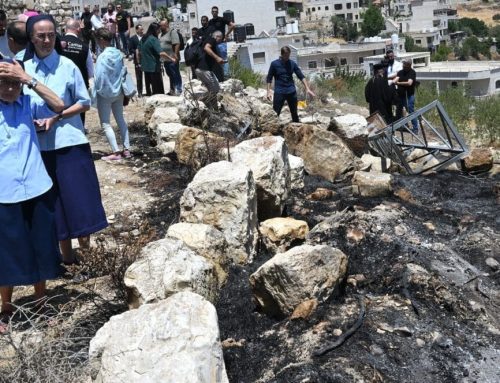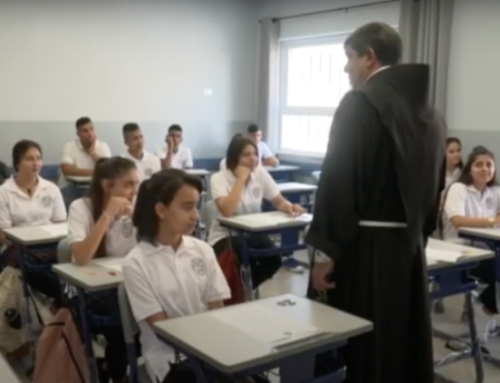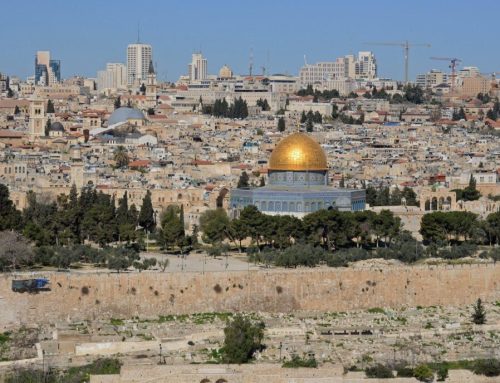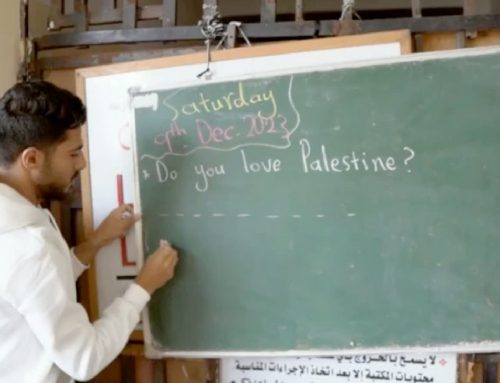Erbil – The pastoral, administrative and financial affairs of the Chaldean Church is full of “shades”, and among them there is the focus on self-interest which indicate how “the motivational and spiritual crisis has been maximized with the spread of digital culture”. It is a consideration full of implications, and applicable to all contexts, which were expressed by Chaldean Patriarch Raphael Louis Sako in the report with which yesterday, Thursday, September 22, he opened the proceedings of the annual Synod of Chaldean Bishops, taking place in these days in Ankawa, a Christian-majority suburb of Erbil, the capital of the autonomous Iraqi Kurdistan region.
The Patriarch highlighted how social media have become a privileged instrument to fuel controversy and above all charges against and within the Church.
In his speech, sent to Agenzia Fides, the Patriarch outlined the many shades but also the significant lights that mark the condition of the Chaldean Church at the moment, characterized by the situation of violence, sectarianism and political instability that has continued to plague Iraqi people for years. Among the factors of crisis and discomfort related to the pastoral dimension, the Primate of the Chaldean Church also alluded to the chaos caused by priests and monks who departed their dioceses and monasteries without the consent of their superiors, emigrating abroad – often bringing their own families of origin with them – to take advantage of more comfortable living conditions. The continuation of such phenomenon – said the Patriarch – is due to inadequacies in the upbringing/forming of these individuals.
In this regard, the Patriarch expressed his hope that the occasions to provide guidance for the priests through organizing sustainable forming retreats, meetings, lectures, etc multiply. It might be worthwhile to think about the possibility of opening the doors for the exchange of visits between the priests inside the country and their counterparts abroad. With regards to the financial aspect, the Patriarch denounced episodes of “financial and administrative corruption” involving parishes and ecclesial institutions. In terms of aid to refugees, the Patriarch stressed the difference between parishes that have done “a tremendous job in assisting all the displaced families, without discrimination”, and those that “did not pay any attention” to this problem.






